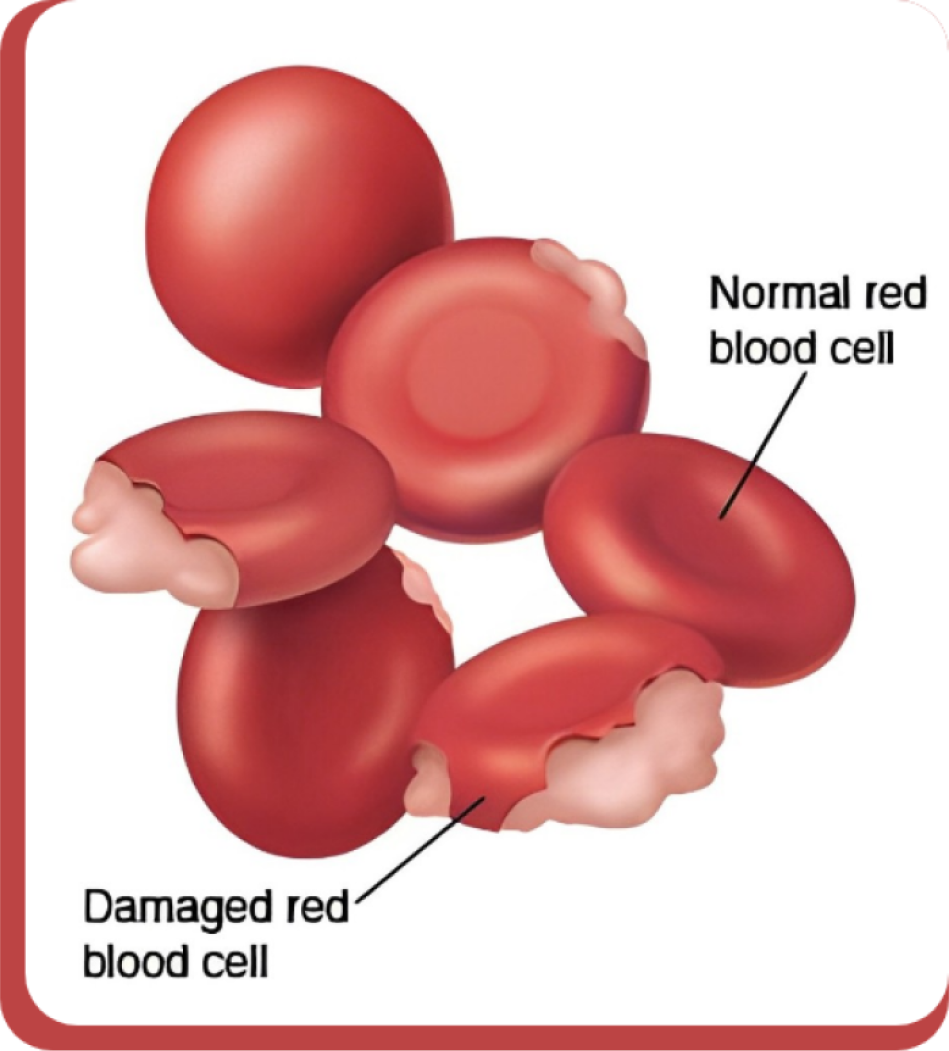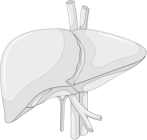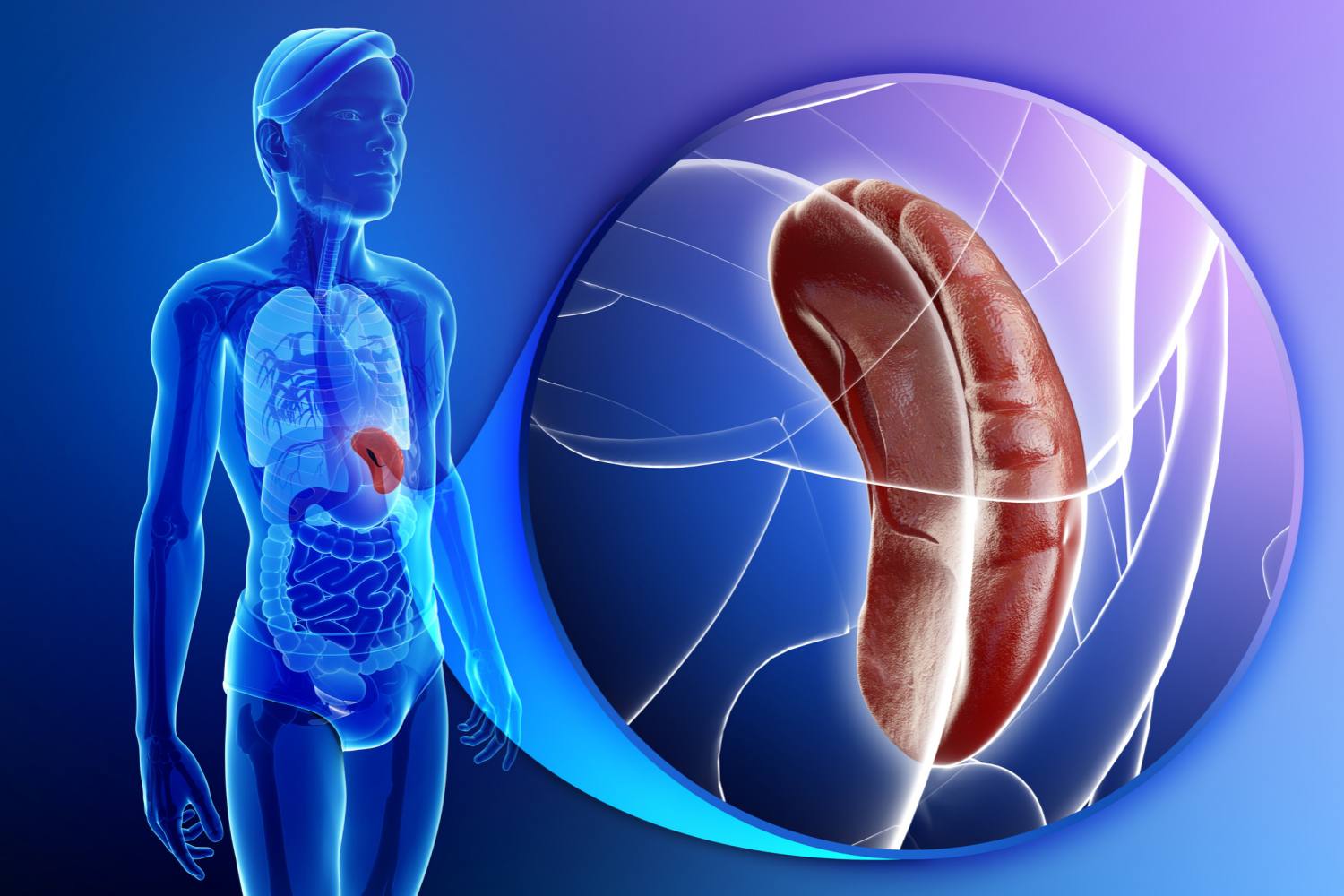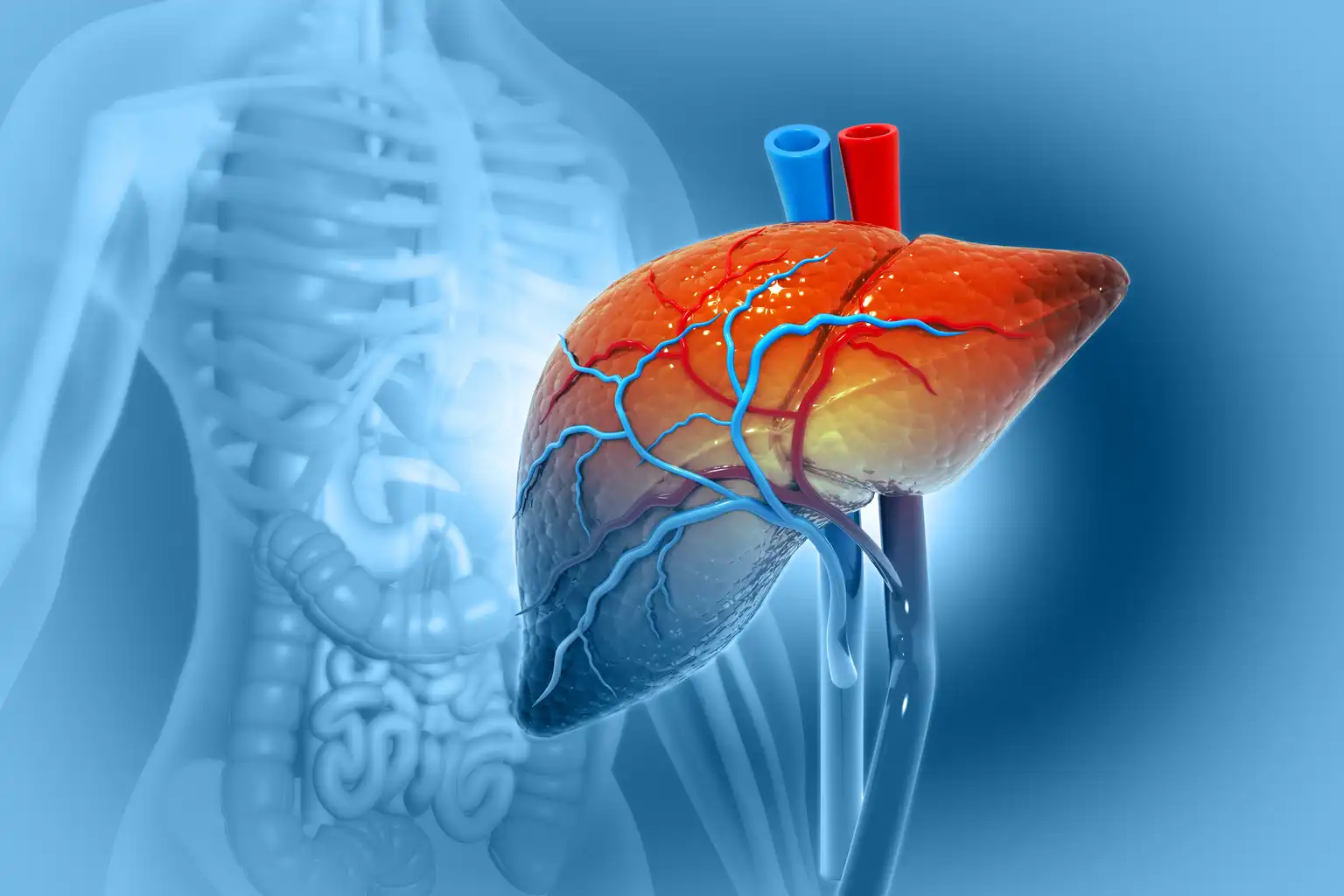International Guidelines For The Diagnosis And Management Of Pyruvate Kinase Deficiency Services



Living With PKD - Pyruvate Kinase Deficiency
Pyruvate kinase deficiency (PKD) is a rare genetic disorder that affects the red blood cells, leading to chronic anemia. Individuals with PKD experience pyruvate kinase deficiency symptoms such as fatigue, jaundice, and an enlarged spleen. These symptoms occur because the body’s red blood cells break down prematurely, reducing their ability to transport oxygen effectively.
Pyruvate kinase deficiency anemia can range from mild to severe, depending on the individual. While living with this condition can be challenging, there are treatments available. Treatment options may include transfusions, spleen removal, and emerging therapies that stabilize red blood cell production.
At PKD Guidelines, we strive to provide the most up-to-date information on managing and living with this condition to help individuals lead healthier lives.



Living With PKD - Pyruvate Kinase Deficiency
Pyruvate kinase deficiency (PKD) is a rare genetic disorder that affects the red blood cells, leading to chronic anemia. Individuals with PKD experience pyruvate kinase deficiency symptoms such as fatigue, jaundice, and an enlarged spleen. These symptoms occur because the body’s red blood cells break down prematurely, reducing their ability to transport oxygen effectively.
Pyruvate kinase deficiency anemia can range from mild to severe, depending on the individual. While living with this condition can be challenging, there are treatments available. Treatment options may include transfusions, spleen removal, and emerging therapies that stabilize red blood cell production.
At PKD Guidelines, we strive to provide the most up-to-date information on managing and living with this condition to help individuals lead healthier lives.
Diagnosis and Genetics of Pyruvate Kinase Deficiency Symptoms Approaches
Understanding the genetics behind pyruvate kinase deficiency symptoms is crucial for proper diagnosis. PKD is inherited in an autosomal recessive manner, meaning both parents must carry the defective gene. Diagnosing PKD typically involves a series of blood tests to assess red blood cell enzyme activity and genetic testing to confirm mutations.
Accessing the right PK deficiency treatment services is essential for those diagnosed with PKD. At PKD Guidelines, we offer valuable insights into treatment options, ranging from supportive care to advanced therapies, helping patients manage their condition more effectively.





Online Consultation with a Pyruvate Kinase Deficiency Treatment Expert
Living with pyruvate kinase deficiency symptoms such as fatigue, jaundice, and chronic weakness due to pyruvate kinase deficiency anemia can be challenging. Accessing expert advice is now easier with online consultations for pyruvate kinase deficiency treatment. These virtual consultations provide patients the opportunity to discuss their symptoms, receive personalized treatment plans, and explore management options from the comfort of their homes. By connecting with specialized professionals, individuals can better understand their condition and take steps toward improving their quality of life.
